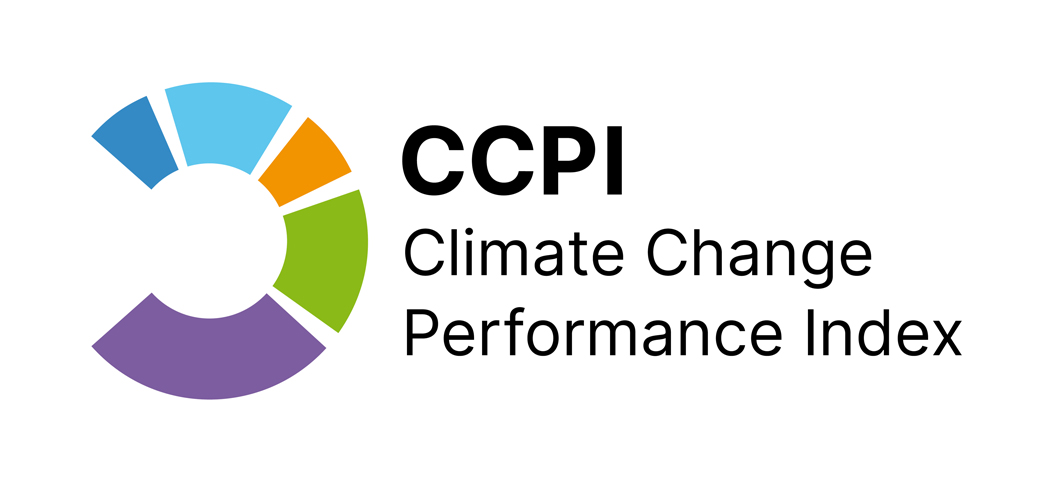Greece is ranked 30th in this year’s Climate Change Performance Index (#CCPI) 2026, among 63 countries, marking an 8-place drop compared to 2025.
According to the ranking published today at COP30 in Brazil, Greece remains a medium performer in greenhouse gas emissions, renewable energy, and energy use, while climate policy is once again rated as low.
- The rise in fossil gas consumption, plans for new gas-fired units, ongoing hydrocarbon exploration, and the lack of a gas phase-out timeline constitute a significant setback.
- There are critical delays in grid development and storage infrastructure, which are essential to reduce the increasing curtailments of Renewable Energy Sources (RES).
- In the industrial sector, the focus on Carbon Capture and Storage (CCS) is slowing deeper structural changes needed for decarbonisation processes and the broader industrial transition.
- On the positive side, lignite generation fell to a historic low of 5.7% in 2024, and RES continue to expand rapidly, now covering over 50% of electricity generation.
Experts assessing Greece’s performance highlight the need for stronger decarbonisation measures in transport and tourism, as well as faster implementation of policies for building renovation and the expansion of e-mobility. They also stress the need for adaptation measures, especially in light of the devastating wildfires of recent years.
Despite its low performance in national climate policy, Greece continues to engage in international initiatives such as the Global Methane Pledge and the Eastern Mediterranean and Middle East Climate Initiative.
The CCPI (Climate Change Performance Index) evaluates the performance of 63 countries and the EU across four main indicators that collectively determine a country’s progress in addressing the climate crisis: greenhouse gas emissions, renewable energy, energy use, and climate policy.
Read more: www.ccpi.org.



